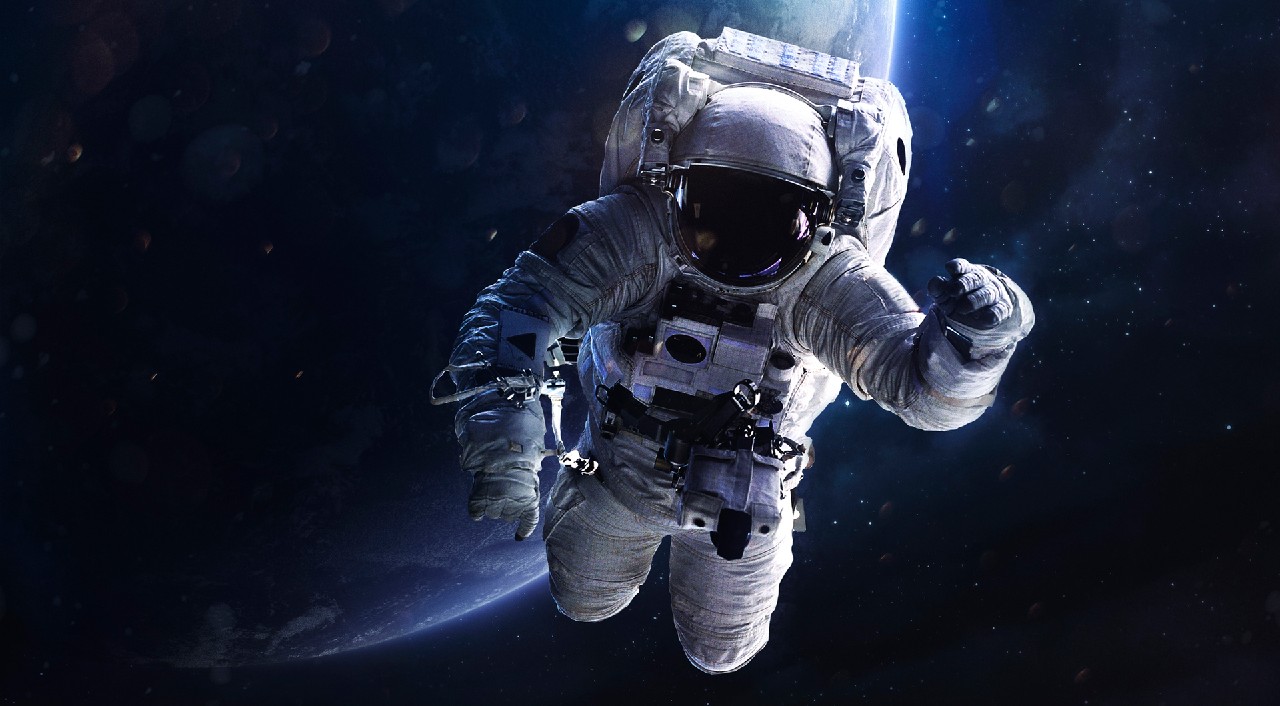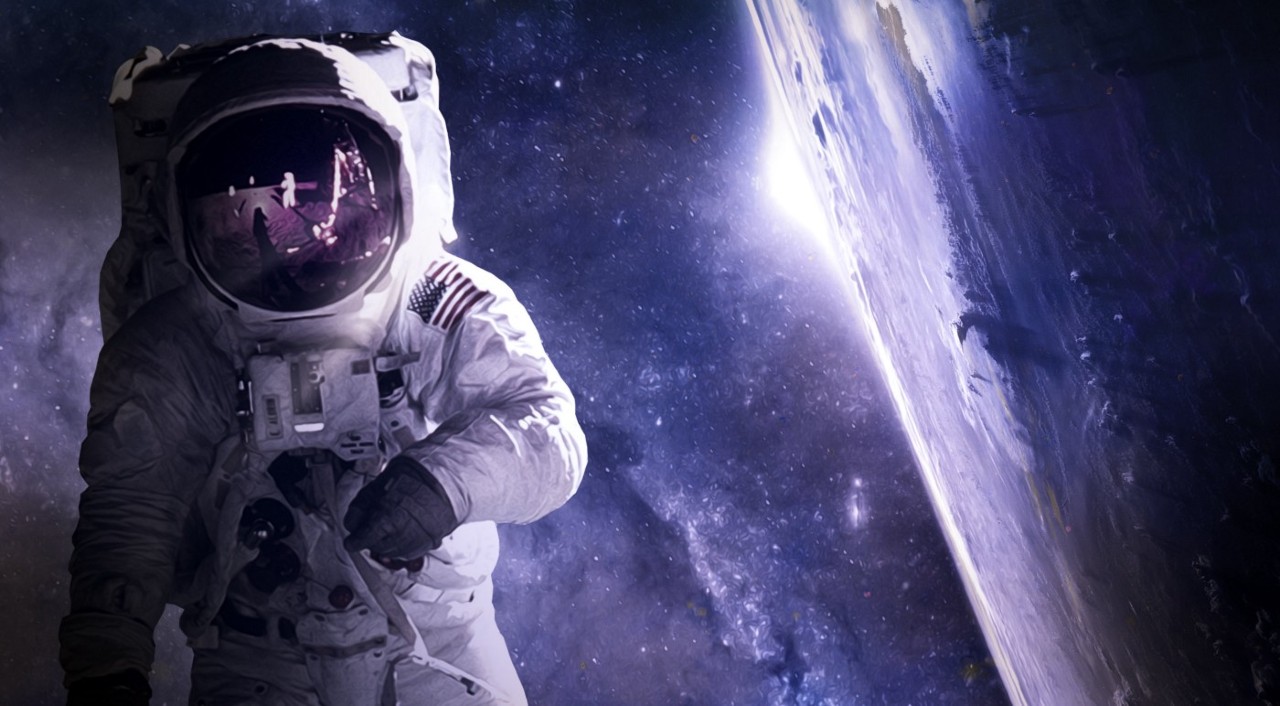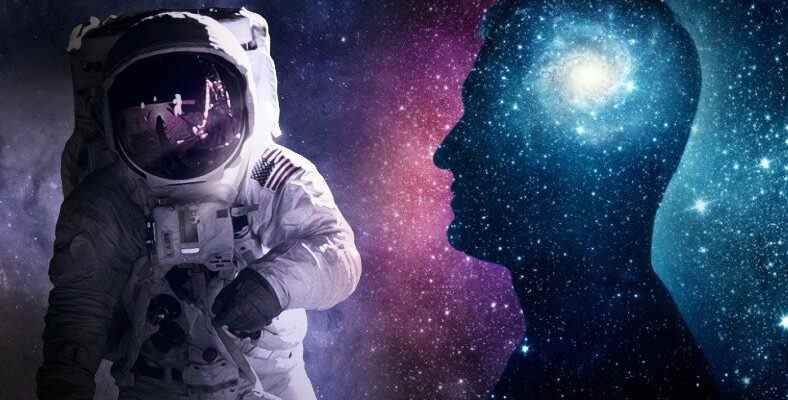According to a new study, changes in the brains of astronauts going into space show themselves even months after they return to Earth. Accordingly, while the astronauts who went into space for the first time experienced the biggest change, the astronauts’ brains change over time by adapting to this situation.
To most children “What will you be when you grow up?” The answer we got when we asked “Astronaut”kind. This profession, which offers the opportunity to explore in the depths of space, has undoubtedly adorned the dreams of many of us as children. But you will appreciate that astronaut is also the world’s the most difficult It is one of his professions. So much so that this profession often demands that you put your work ahead of your private life and give a lot of yourself.
However, the challenges of astronaut are not limited to these. Being in an environment different from the Earth’s atmosphere that you have been accustomed to for a very long time, of course, has some consequences for your body. Even months after astronauts return to Earth, a new study finds marked changes in their brains is one of these results.
Major changes occur in the brains of astronauts in space for the first time
Astronauts are among missions, according to the latest assessments of the warping effect of microgravity on our biology, focusing on the areas surrounding the blood vessels that run through our brains. to worrying changes is exposed.
Researchers from around the US compared a series of magnetic resonance imaging (MRI) scans of the brains of 15 astronauts before they went to the International Space Station and six months after their return. spaces in brain tissue thought to facilitate the balance of fluids perivascular spaces team using algorithms to carefully evaluate their size; time spent in orbit, at least cerebral vascular pathways of first-time astronauts found to have a profound effect on
Brain scans of senior astronauts don’t show major changes

On the other hand, the sizes of the perivascular spaces of the veteran astronauts studied differed from each other in two scans taken before the mission and four scans after. not very different appeared. Oregon Health and Science University neurologist Juan Piantino says that experienced astronauts are a type of ‘homeostasis’ that the body may have undergone changes in order to adapt to environmental differences. balance He explains by saying that he may have reached his status.
Given what we already know about how the brain degrades in the absence of constant gravity, these findings might not be all that surprising. Previous studies of brain tissues and fluid volumes have shown that their recovery after a trip into space slow is; even a year of some changes or longer time was found to continue.
Brains of astronauts in space adapt to a new kind of ‘normal’

Currently, astronauts very rarely make more than a few trips into space in their lifetime, and usually stay in space for about six months at a time. However, with the developments in space science in recent years, the space industry is increasingly become more commercial This means that this situation may change. At this point, it is clear that whether repeated journeys are harmful and the changes that occur in the brains of astronauts during the first trip to space will make them wonder. to a new kind of ‘normal’ It is very important to understand whether it adapts or not.
Even with enlarged perivascular spaces, it is not yet clear whether this change poses any significant health risk. Unknown. It is too early to say whether microgravity has any effect on the circulation of the cerebrospinal fluid, whether changes in the shape of the duct networks are significant. And it looks like it will remain a mystery until researchers have many more examples of senior astronauts.
But hypothetically speaking, if these channels in the brain are not working efficiently, there can be a buildup of destructive materials in the brain, potentially potentially leading to a person’s—in this case, astronauts. neurodegenerative disorders such as Alzheimer’s can contribute to its development.
RELATED NEWS
Former NASA Astronaut Claims Russian Cosmonauts Have Been ‘Brainwashed’: “They Think It’s Made Up”
Source :
https://www.sciencealert.com/veteran-astronauts-still-carry-the-effects-of-earlier-space-travel-on-their-brain-s-anatomy
